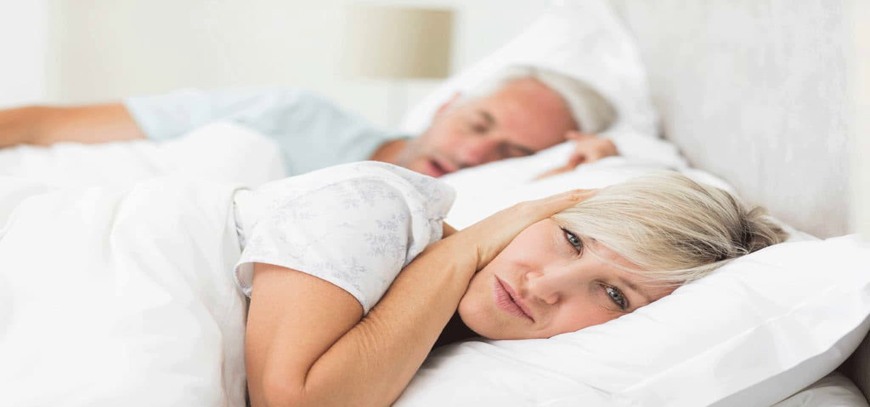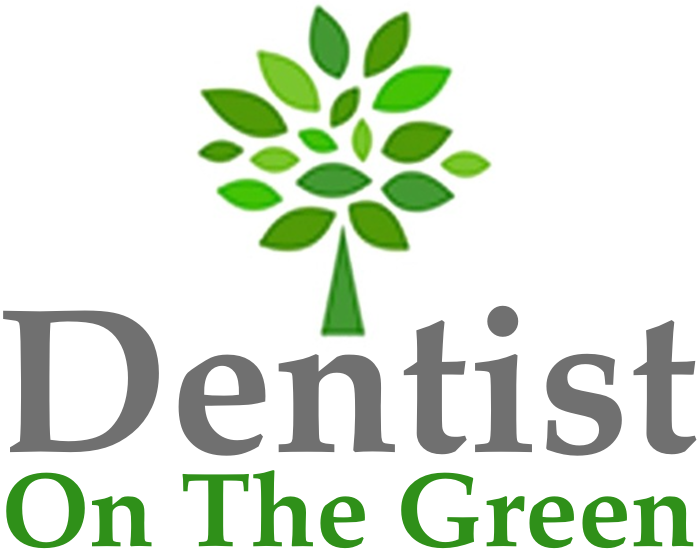Snoring and Sleep Apnoea Solutions

Sleep apnoea – difficulty breathing while asleep – has been linked to memory problems, tiredness, depression, high blood pressure and strain on the heart.
Snoring is an underestimated problem and many people aren’t even aware they suffer from it. Recent studies show the there is a direct relationship between teeth grinding (bruxism) and sleep apnoea, so as dentists we are the first port of call for detection, diagnosis and treatment.
Snoring is caused when the soft tissues at the back of the throat collapse, partially blocking the airway and causing the vibrations and noises that you experience during sleep. If these soft tissues at the back of the throat completely block the airway during sleep this is called obstructive sleep apnoea; a serious disease that causes a cycle of cessation of breathing and subsequent awakening during sleep.
You might be pleased to know that dentistry may have a solution for you. A series of oral devices or mouthpieces are now available and can be fitted by a dentist. These will address your snoring problems by preventing the lower jaw from dropping back during sleep, thereby preventing the closure of your airways, which will stop you from snoring.
Such a custom-made mouth piece is made from impressions taken of your teeth to ensure they fit you comfortably. Made from a hard wearing plastic, the mouthpiece is worn at night and works by holding the bottom jaw in a slightly forward position. This position opens up your airway significantly allowing you to breathe better and as a result sleep better too.
Snoring and dentistry
Snoring is caused due to a vibration of respiratory structures with the resulting sound produced from the movement of obstructed during breathing while asleep. One major predisposing factor for snoring is obesity. The excess fat deposits in the area of the neck and throat pressurize the tissues surrounding the airway causing it to narrow.
Snoring is more common in people with a large tongue, long soft palate, large uvula, or large tonsils. Snoring is also more prevalent in people with a receding chin because there is less space in the back of the throat for the soft tissues and tongue. Cigarette smoking can also cause increased nasal congestion and mucous in the air passages, with consequent increased snoring.
Snoring is often a symptom of sleep apnoea which is a serious medical condition.
Patients with long-term snoring or sleep apnoea risk developing arrhythmia. Patients who have sleep apnoea also may have gastro-esophageal reflux as the narrow airway can cause pressure alterations following air movement from and to the lungs during sleep, which can suck the contents of their stomach back up into the esophagus.
Role of the dentist
The diagnosis and treatment of Obstructive Sleep Apnoea, other sleep disturbances or snoring conditions does not fall within the definition of the practise of dentistry.
Dentists play a role in screening of patients for signs and symptoms which may predict the presence of Obstructive Sleep Apnoea.
Provide and monitor oral appliance therapy
Monitor and treat potential side effects of oral appliance therapy
Dentists with appropriate training can construct oral appliances/devices for snoring and sleep apnoea. Much like an orthodontic retainer or an athletic mouth guard, the oral appliance is placed in the mouth. These appliances prevent the collapse of the tongue and soft tissues in the back of the throat to open the breathing passages during sleep. Adequate air intake is promoted by allowing normal sleep for those who suffer from snoring and obstructive sleep apnoea.
At Dental Practice on the Green I undertake a screening to identify the risk of sleep related breathing disorders (SRBD’s).
With snoring, there is no full obstruction of the airway – the noise is simply the vibrations of soft tissue. Whilst this often has little impact on the snorer, some do wake feeling unrefreshed, suffer headaches and a tenderness in the upper airway. More often though, it is those within close proximity- i.e. the snorers bed partners that are profoundly affected. It is possible by the use of a night time splint to successfully stop snoring.
Excessive daytime sleepiness (EDS) can result from insufficient oxygen entering the body and poor quality sleep caused by multiple waking’s. Effects of EDS include an inability to concentrate, poor memory, reduction in performance and, in extreme cases, can lead to the sufferer falling asleep unexpectedly. Severe sleepiness has even been found to increase the chances of having an accident whilst driving by seven times.
This is a more severe collapsing of the airway, which can be obstructed for multiple periods of time during sleep. It can either be a total pause or a significant shallowing of breath- oxygen levels dip and can result in a multitude of symptoms: extreme tiredness, abnormal movements whilst sleeping, and headaches to name just a few.
